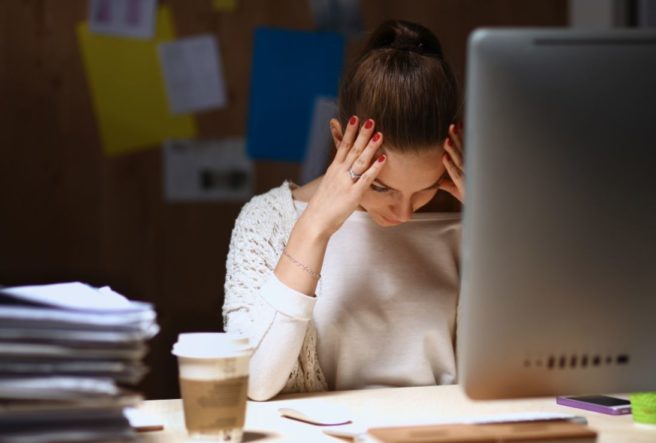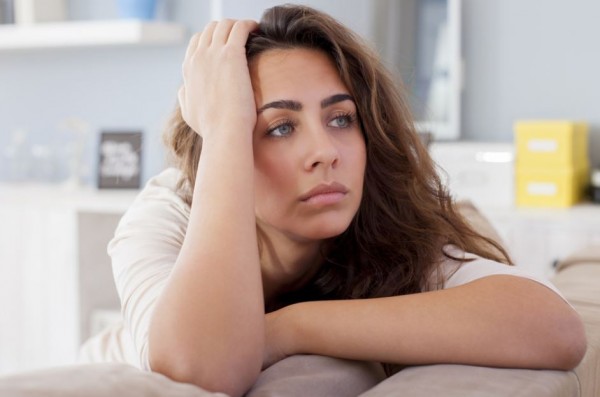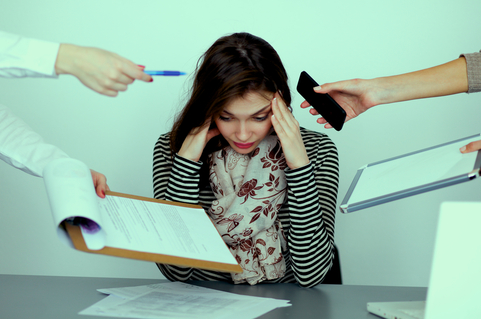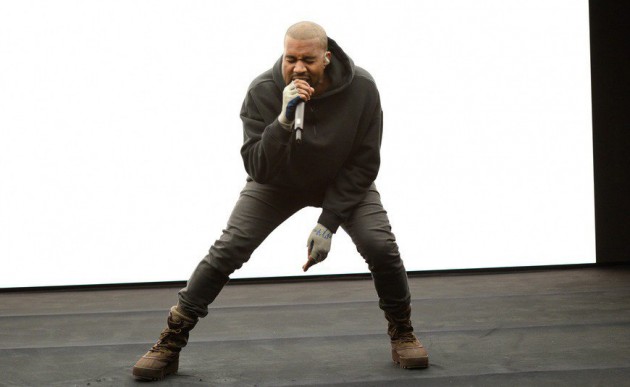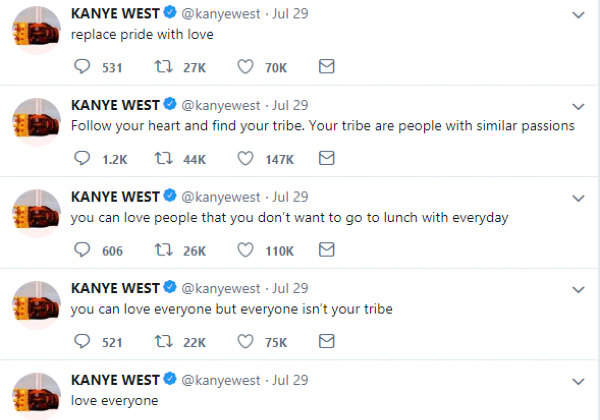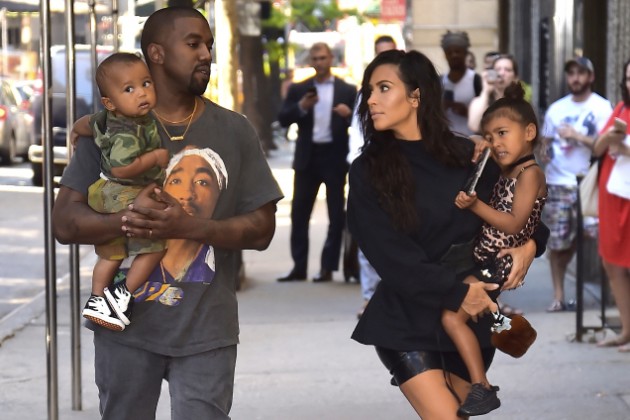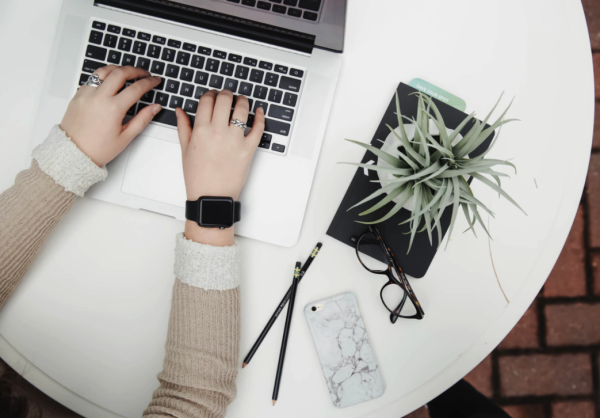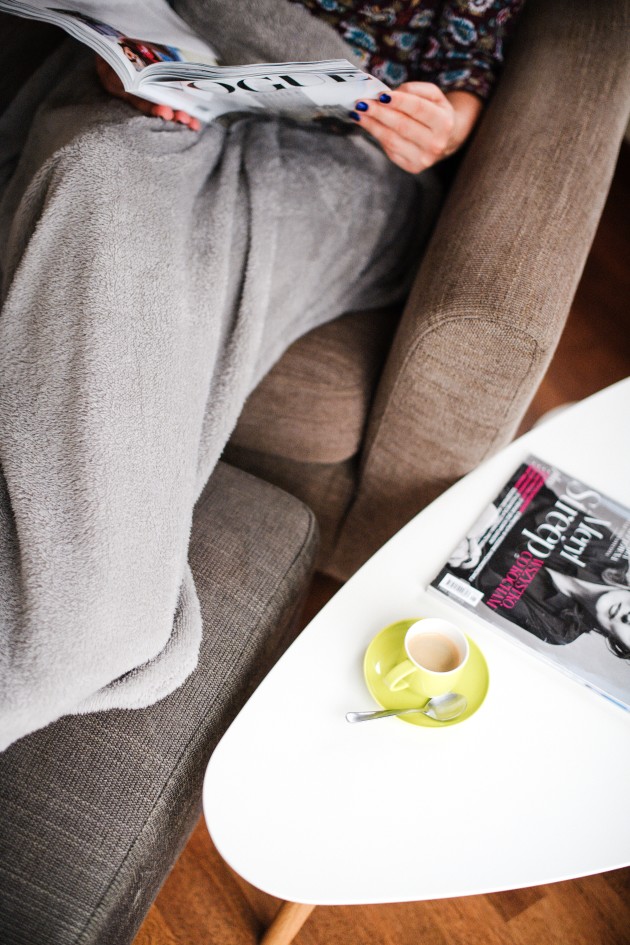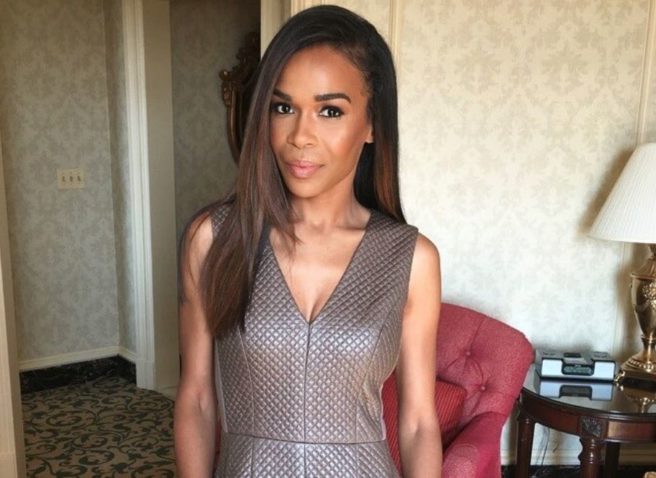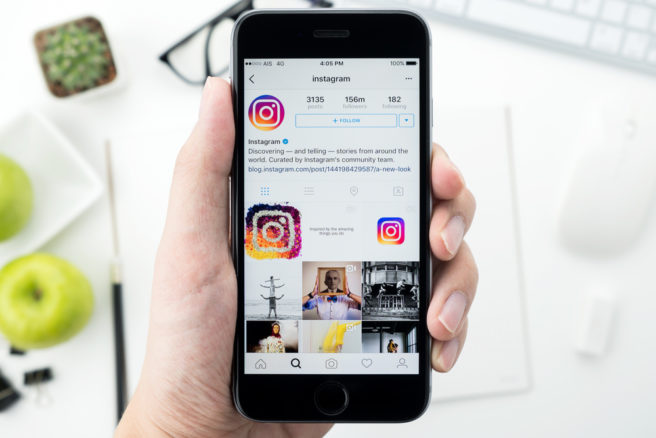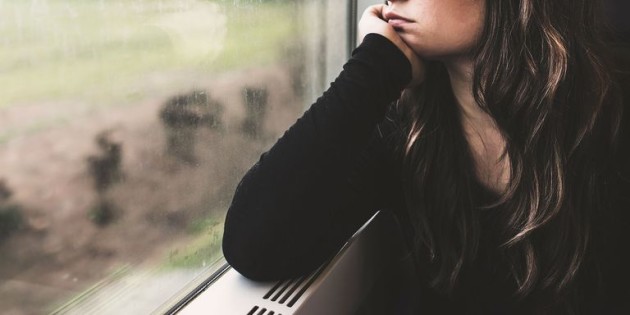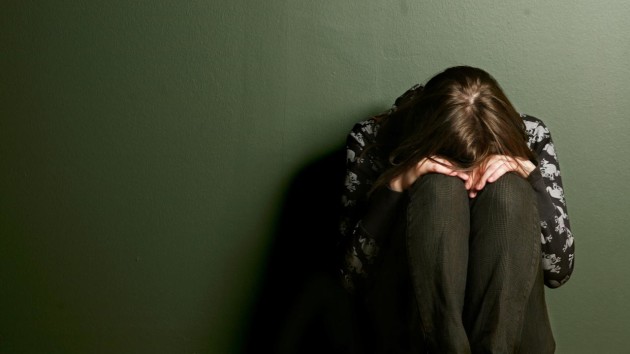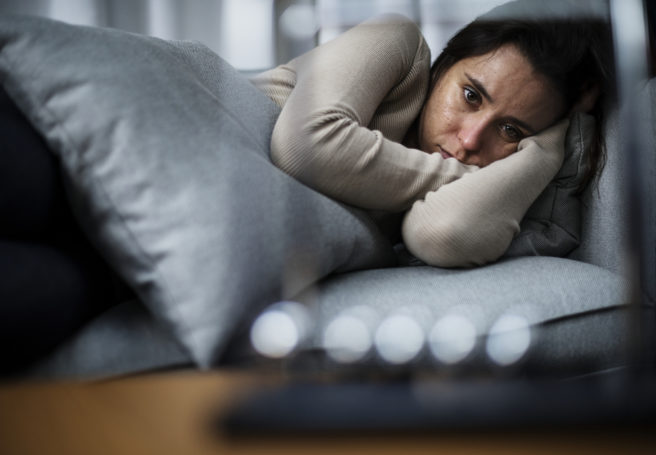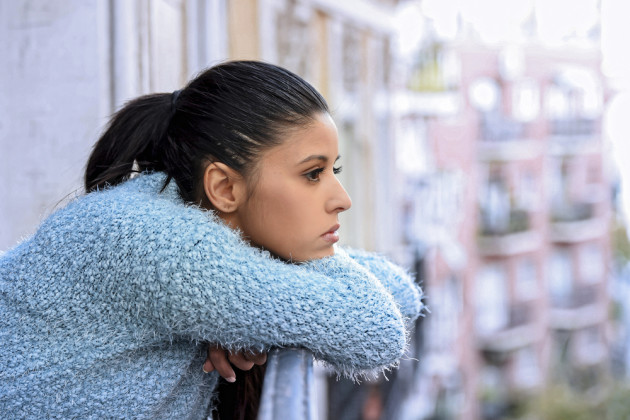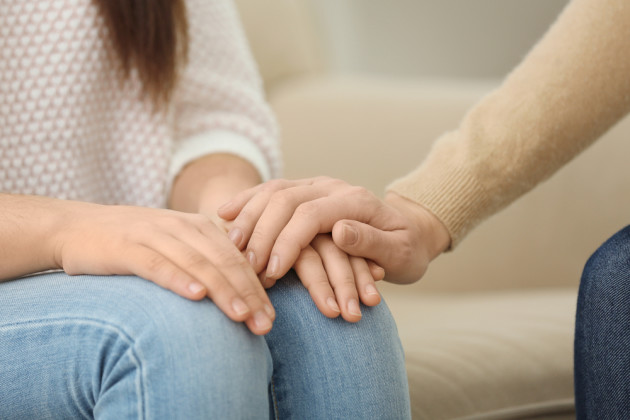Graduating last year felt more like a slow, sad deflation than a triumphant arrival into the working world.
I’d worked hard for four years, pulled all nighters, been active in clubs and societies and made a boatload of friends.
Somehow, I managed to blag my way into a an entry-level position at a bank with an English degree.
On the outside it seemed like I had no reason to be miserable, I had a decent apartment, a handful of close friends, a generous salary, a loving relationship.
I had a good old dose of the post-graduation blues
While my co-workers were generally pleasant, I felt severely isolated. After spending four years learning about and debating literature, life and everything in between, copying and pasting an Excel spreadsheet was a shock to the system.
But in reality, I had a cheeky bathroom cry at least once a day and spent my evenings watching Gossip Girl reruns in bed. My identity as an outgoing and enthusiastic book-lover was completely shattered, I didn't know who I was or what I wanted anymore. I felt that my degree had been a waste of time, that employers didn't care about the dedication and buckets of Red Bull that went into that piece of paper.
I lasted four months before handing in my notice, while crying of course.
I'm not the only one. When talking about it with friends, classmates and co-workers, I was surprised that the amount of similar tales to my own. Hitting a massive slump after finishing college seems to be a fairly well-acknowledged experience.
So why is nobody talking about it?
A study conducted by the The Independent in 2013 found that 90% of British students believed that post-graduation depression was a reality and 87% agreed that it needed more media exposure.
Despite this, there has never, I repeat NEVER, been a reputable study done on the relationship between graduating from third level institution and depression. It is a well reported statistic that one in four students will suffer depression at some stage in their college careers, yet little is known about what happens to these students after they get handed that diploma.
“Young adulthood isn’t a population that is well studied at all. From a research perspective, it’s hard to categorise them,” Sheryl Ziegler, a professional counsellor, told The Washington Post.
“If a student’s college experience is mostly positive, college provides a cocoon of sorts: a community of friends, teachers and mentors who are mostly readily available to offer support or advice. Graduating symbolises a leap into ‘adult’ life, which is a huge transition,” she explains.
According to therapists and graduate chatrooms, symptoms of post-graduation depression include massively decreased motivation, abnormally negative perspective, spending excessive amounts of time in bed, a sense of hopelessness and substance abuse.
“They often have trouble motivating themselves to get a job,” Ziegler said. “They are often lonely due to a lack of connection with friends. While young adults are in college, they may have been in an environment that was more accepting of alcohol and recreational drug use, and while depressed it’s possible this is being used as a coping mechanism.”
As well as employment and financial worries, graduates are often faced with the difficulties of moving back home. After the freedom and independence of living alone for college, returning to being a teenager-like state of co-habiting with parents can take it’s toll.
John, an engineering graduate from Dublin, sees no point leaving his family home, at least not in the current rental market.
“Although I appreciate my home cooked meals and other perks living it home can be a bit frustrating at times. I would love to move out to feel more independent, but I haven't come across an opportunity that would justify the cost.”
While a triumphant title in a recent Irish Independent article announced that graduate employment is back to boom-time levels, it doesn't address what type of employment they’ve found. Too often, intelligent young people end up over-qualified and under-paid, or in some cases, not paid at all. Making little to no money is not only financially stressful, but it also impacts on your self-image.
Eva, a graphic designer, regrets taking an unpaid internship after graduation "I feel as though they definitely have a negative impact upon your self belief and confidence in your own abilities.
"You're literally being told that your time, commitment and abilities are worth nothing."
While taking a gap year or spending a prolonged period travelling might seem like a fantastic way to avoid the blues, it too comes with difficulties. Some graduates, such as Rachel, noted that readjusting back to life after travelling only compounded the blues.
After returning from a year in New York, the marketing graduate doubted her decision of coming back to Dublin.
“I was miserable; I would’ve given my right arm to get back to New York. I still would to be honest.”
Elsa, a journalism graduate, thought that 18-months travelling and life experience would give her an edge over her competitors, the opposite, in fact, was true.
“I could have kept going after my last internship and turned it into a permanent position but instead I had to justify the 18 month gap in my CV.
“Getting job interviews in journalist was very hard and no one seemed interested in what travelling taught me.”
So why is no one addressing this? Zielgar notes that this might, in part, be due to a common misconception about that final step into adulthood.
"Post-grad depression is underreported because graduation is like motherhood: culturally seen as a seemingly joyful time, which makes it even more shameful for someone to admit that it’s not."
How can students and universities address graduation depression? Several graduates I talked to suggested improving access to work experience while still in college, to help moderate expectations of the working-environment. Another suggested that the burden should be on universities to assure students that it's okay to not be employed in their field straight away.
But the first step is opening up to trusted friends, family members or a counsellor about how you feel. If your budget won't stretch as far as therapy fees, mental health services, such as Aware, offer free phone chatlines and support groups.
Pushing yourself out of your comfort zone and joining clubs, night classes, or community groups was also recommended by graduates.
For me, it was getting back to hobbies I had neglected and finally landing a job that was right for me. When it comes to mental health, nothing is going to get better overnight, but by embracing small positive changes each day, it will get a little better. I swear.
By Katie Meegan
Names have been changed
